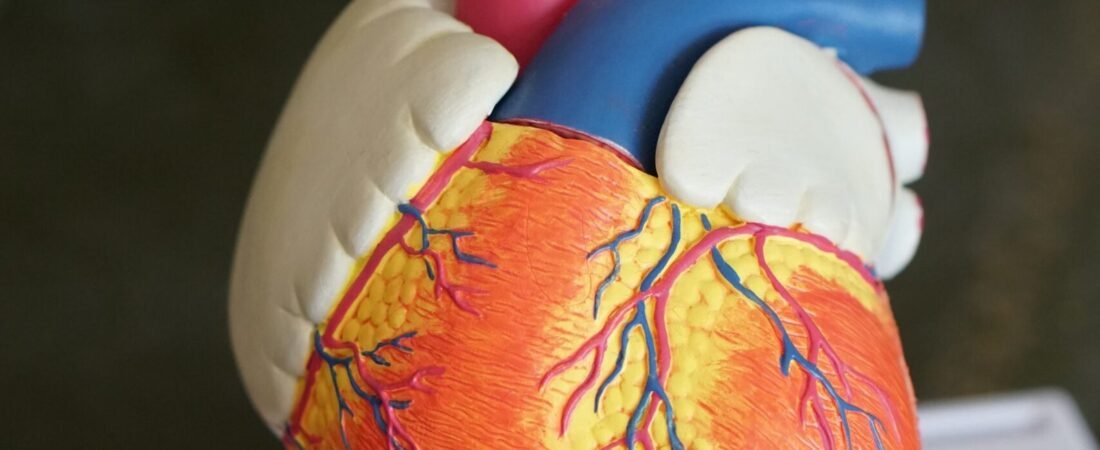The Future of Diabetes Research
The field of diabetes research is dynamic and ever-evolving. Scientists and researchers worldwide are exploring new avenues to better understand the disease and develop innovative treatments. With advancements in genetics, stem cell therapy, immunotherapy, and artificial intelligence, the future of diabetes research looks incredibly promising.
Genetic Research
Advancements in genetics are shedding light on the genetic factors that contribute to diabetes. Researchers are now able to identify specific genes that increase the risk of developing diabetes. This knowledge can lead to personalized treatment approaches, where individuals can receive targeted therapies based on their genetic profile. By understanding the molecular mechanisms of diabetes, researchers can develop more effective treatments and potentially even prevent the disease from occurring in the first place.
Stem Cell Therapy
Stem cell research holds promise for regenerating pancreatic beta cells, potentially offering a cure for type 1 diabetes. Pancreatic beta cells are responsible for producing insulin, which regulates blood sugar levels. In type 1 diabetes, these cells are destroyed by the immune system. By using stem cells to regenerate these cells, researchers hope to restore insulin production and eliminate the need for daily insulin injections. While still in the experimental stage, stem cell therapy shows great potential for revolutionizing diabetes treatment.
Immunotherapy
Researchers are investigating immunotherapies to modulate the immune response in type 1 diabetes. In this form of diabetes, the immune system mistakenly attacks and destroys the insulin-producing cells in the pancreas. By using immunotherapy, scientists aim to reprogram the immune system to stop attacking these cells, preserving insulin production and preventing the development of diabetes. This approach could potentially offer a cure for type 1 diabetes and eliminate the need for lifelong insulin dependence.
Artificial Intelligence and Predictive Analytics
Artificial intelligence (AI) and predictive analytics are revolutionizing diabetes management. AI-driven tools are being developed to predict blood sugar fluctuations and optimize insulin dosing. By analyzing large amounts of data, these tools can identify patterns and make predictions about an individual’s blood sugar levels. This information can then be used to adjust insulin dosing, providing more precise diabetes management. These advancements not only improve the quality of life for individuals with diabetes but also reduce the risk of complications associated with high or low blood sugar levels.
Expert Opinion
Dr. Jennifer Carter, a leading diabetes researcher, states, “The future of diabetes research is incredibly promising. We’re moving closer to understanding the disease at a molecular level and developing targeted therapies. With advancements in genetics, stem cell therapy, immunotherapy, and artificial intelligence, we have the potential to revolutionize diabetes treatment and improve the lives of millions of individuals worldwide.”
